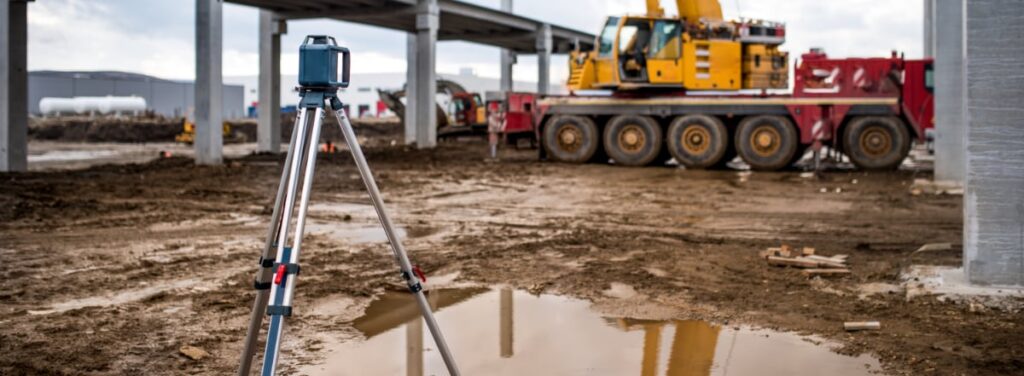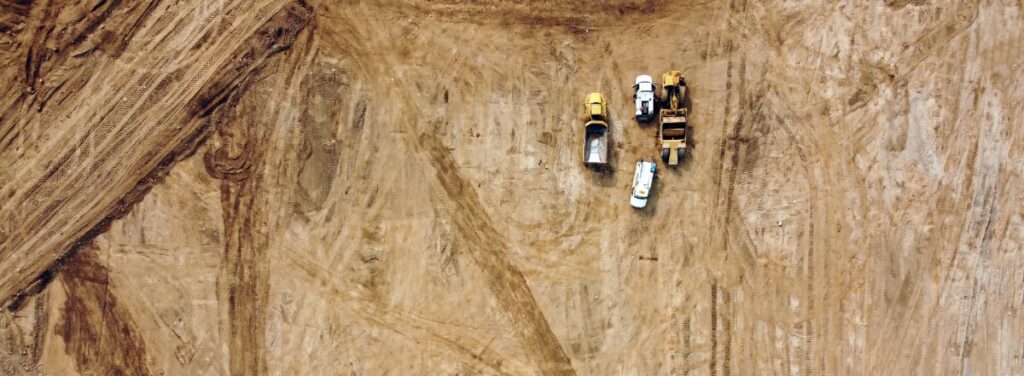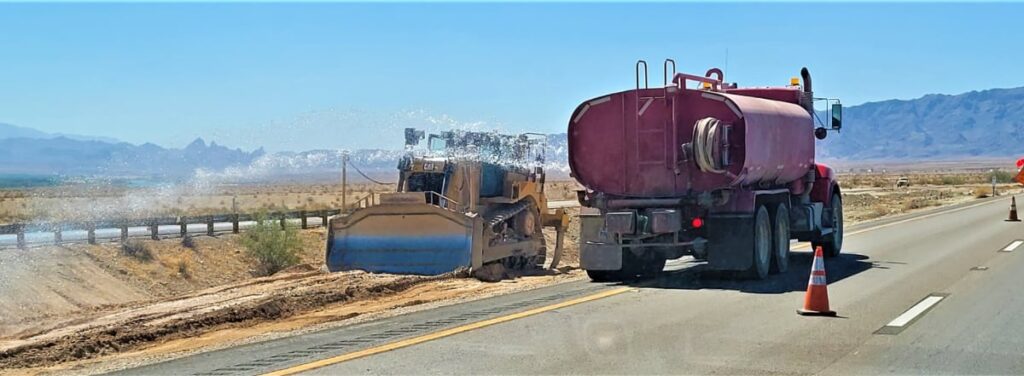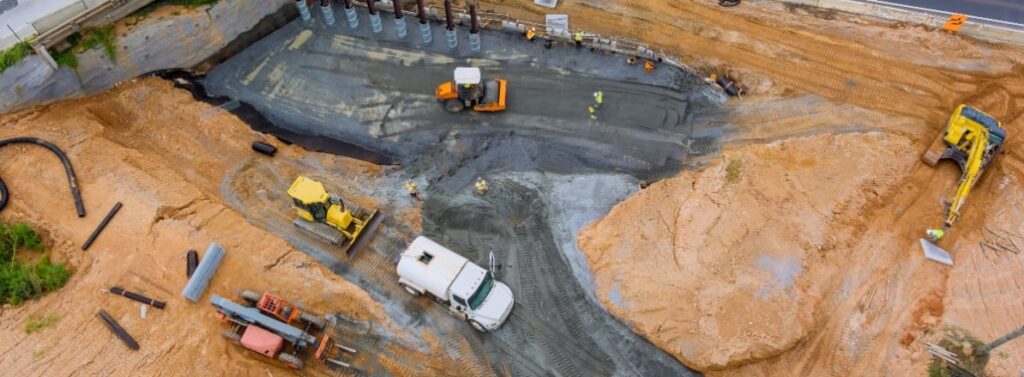In the realm of modern construction, Composite Materials, particularly Fiber Reinforced Polymer (FRP) composites, are revolutionizing traditional practices.
Content
Understanding Composite Materials
FRP composites are engineered materials made from two or more constituent materials with significantly different physical or chemical properties. When combined, these materials produce a composite with characteristics different from the individual components. Among the various types of FRP materials, fiberglass rebar has gained prominence in road construction projects due to its remarkable properties.
The composition of FRP composites is uniquely tailored to meet specific needs. Fiberglass rebar, a common type of FRP material, consists of glass fibers embedded within a polymer matrix. This combination harnesses the strength and flexibility of the glass fibers and the stability of the polymer, creating a synergistic effect. The result is a material that significantly outperforms traditional construction materials like steel rebar in certain aspects.
In the pursuit of more resilient and sustainable road infrastructure, industry innovators like Composite-Tech have been at the forefront, advocating for the adoption of FRP composites. A comparative analysis between GFRP rebar and traditional steel rebar reveals the tangible benefits and the compelling reasons behind this advocacy.

Comparative Analysis: GFRP Rebar vs. Steel
Strength and Durability
When it comes to the core attributes of any construction material, strength and durability take the forefront. FRP composites, particularly those developed by companies like Composite-Tech, exhibit remarkable tensile strength, often surpassing that of steel rebar. This high tensile strength ensures that roads reinforced with FRP can withstand heavy loads and high traffic volumes without compromising structural integrity.
Moreover, the durability of FRP materials, as compared to steel rebar, is significantly enhanced due to their inherent resistance to corrosion. While steel is susceptible to rust and degradation, especially in corrosive environments or under exposure to chemicals used in road maintenance, FRP materials remain unaffected. This resistance extends the lifespan of road infrastructure, reducing the frequency and urgency of repair and maintenance.

Cost-Effectiveness and Maintenance
The economic implications of choosing FRP composites over steel rebar are multifaceted. Initially, the cost of FRP materials may be higher than that of steel. However, when considering the total lifecycle costs, GFRP rebars prove to be more cost-effective. The longevity and low maintenance requirements of FRP significantly reduce the long-term expenses associated with road repairs and infrastructure replacement.
Companies like Composite-Tech are not only contributing to the development of superior FRP materials but are also instrumental in optimizing the cost-effectiveness of these innovative solutions. By reducing the need for frequent maintenance and prolonging the lifespan of road infrastructure, the overall financial burden on government bodies and taxpayers is significantly alleviated.

Environmental Considerations
The environmental aspect of construction materials is increasingly becoming a priority in the industry. FRP composites offer substantial ecological advantages over traditional steel rebar. The production and installation processes of FRP materials have a reduced environmental footprint, primarily due to their lighter weight, which decreases transportation emissions and energy consumption.
Furthermore, the durability and corrosion resistance of FRP composites mean that the roads last longer and require less frequent replacement or repair, leading to a reduction in raw material consumption and waste generation. Companies like Composite-Tech are not only enhancing the performance and sustainability of road infrastructure but are also contributing to a greener construction industry.
In conclusion, the comparative analysis between FRP composites and steel rebar underscores the superiority of FRP in terms of strength, durability, cost-effectiveness, and environmental impact. The advancements and innovations brought forth by industry leaders like Composite-Tech are paving the way for a more sustainable and efficient future in road construction. As we move forward, it becomes increasingly clear that FRP composites are not just an alternative, but the future of road construction materials.

